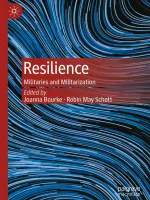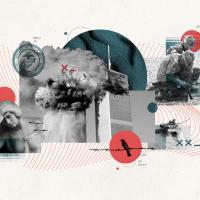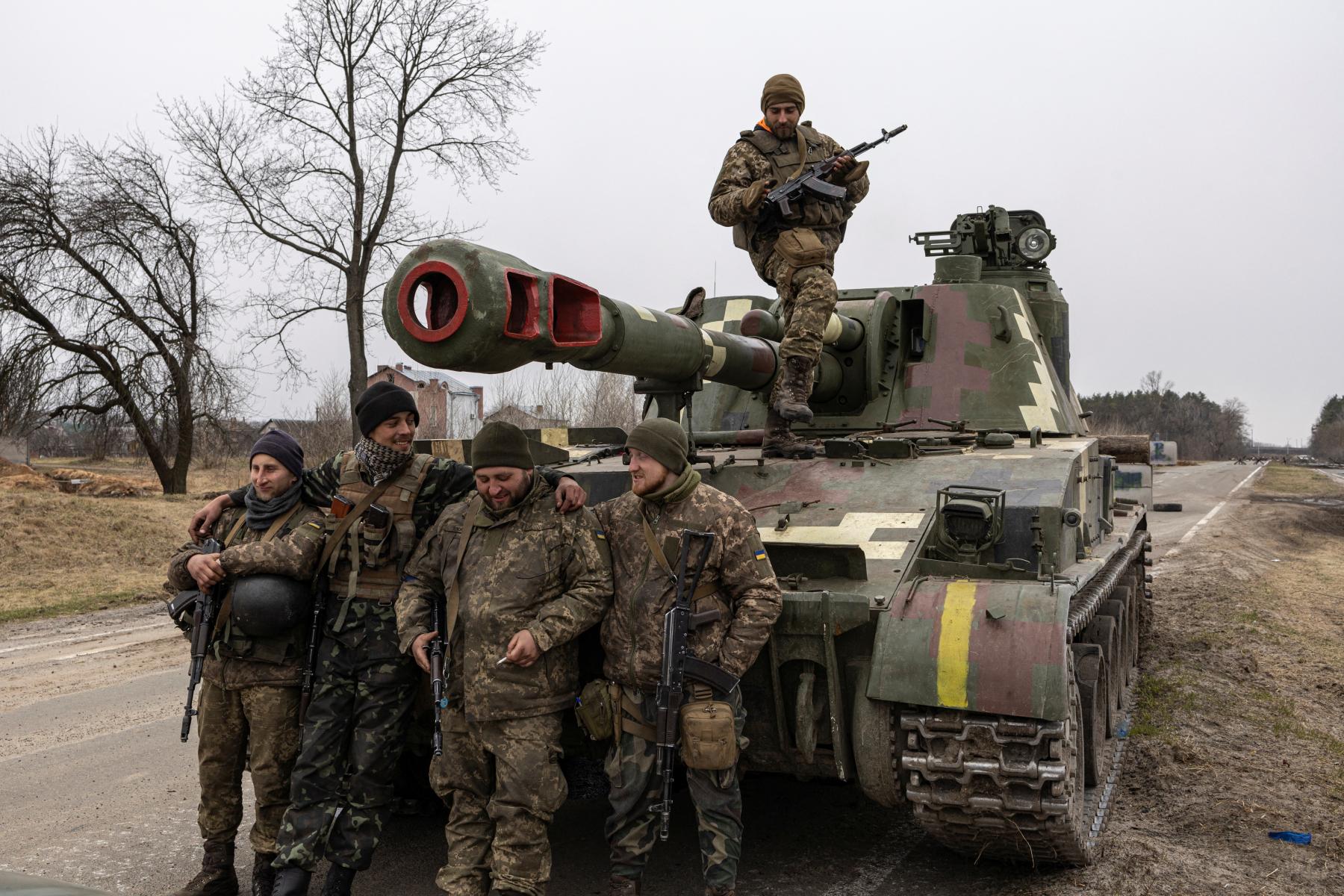A new psychology of war
War has returned to Europe. But how we understand the psychology of war and its aftermath has changed over the last twenty years.
9/11 was a turning point. After the terrorist attacks on American soil on September 11, 2001, the U.S. government expected mass trauma and mounted the largest mental health disaster response in history. But the mass trauma never occurred. Most survivors of the attacks reported few or no symptoms of mental illness, and influential psychologists began to argue that experts needed to rethink how the human mind responds to shock and violence. Resilience, they claimed, was more common than previously believed - and perhaps, some suggested, it could be trained. Perhaps the traumatic effects of traumatic events could be prevented?
“Resilience” is often defined as an ability to “bounce back” and return to normal after a potentially traumatic event. As the following war in Iraq deteriorated and a mental-health crisis loomed within the armed forces, the U.S. Army asked psychologists to increase the resilience of its soldiers. But in doing so, the Army overlooked important conclusions from half a century of psychological research on resilience.
This chapter traces the history of the resilience concept, from when it entered psychology in the 1960s until the U.S. military adopted it in the 2000s. The chapter appears in the new book, Resilience: Militaries and Militarization (Palgrave Macmillan, 2022), edited by Joanna Bourke and Robin May Schott.
The book is part of “The New Psychology of War” project, funded by the Independent Research Fund Denmark (Humanities).
DIIS Experts






